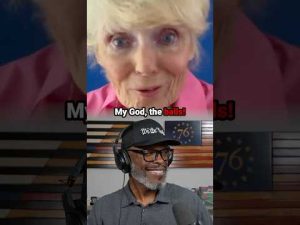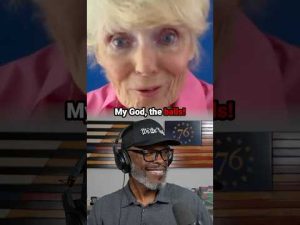In the noisy arena of modern disputes, a particular legal battle has caught the eye of political and entertainment observers alike. This clash centers around a series of allegations involving high-profile personalities and a long and bitter litigation. The controversy revolves around accusations of harassment and the extended pursuit of critics by the aggrieved party, leaving a trail of skepticism and division.
One of the most contentious aspects is the allegation that the litigation is motivated not by justice but by financial interests from involved attorneys. It’s a troubling thought that justice could be dragged out, not in the interest of truth, but to line the pockets of legal experts at the expense of both celebrity figures and everyday individuals. This perception only worsens when considering how the case has enveloped even minor social media influencers, dragging them into a legal quagmire they are ill-prepared to navigate. This use of legal muscle against those with arguably minimal social influence raises questions about power dynamics in celebrity culture, where wealth and fame can easily become weapons.
Critics argue that instead of acknowledging the nature of public scrutiny, as many established public figures do, the individual at the heart of this case appears engaged in a campaign to silence dissenters through the threat of legal action. This tactic echoes the controversies surrounding other celebrities who have struggled with public criticism, highlighting a failure to accept negative public opinions that come as part of the territory of fame. The attempt to intimidate small voices into compliance does not align with principles of free expression, a cornerstone of democratic discourse.
Furthermore, the demand to delve into communications and sources without substantial basis is seen as a troubling omen for freedom of the press and free speech. Legal experts remind us that such actions stumble over the same lines that protect journalistic integrity and source confidentiality. Without evidence to suggest unethical collusion in such commentary, the attempt to pierce these protections reflects poorly on those driving the lawsuit, reinforcing doubts about their motivations.
This legal drama underscores the necessity for a broader conversation on the ethics of leveraging the legal system in personal disputes, particularly those involving individuals in the public eye. The notion that one can use PR and legal attacks to bulldoze criticism sets a dangerous precedent. It reminds us why robust legal protections exist to ensure that freedom of speech is not merely a privilege for the few but a right for all. Such cases serve as a contemporary morality tale about fame, legal responsibility, and the enduring power struggle between wealth and voice.







